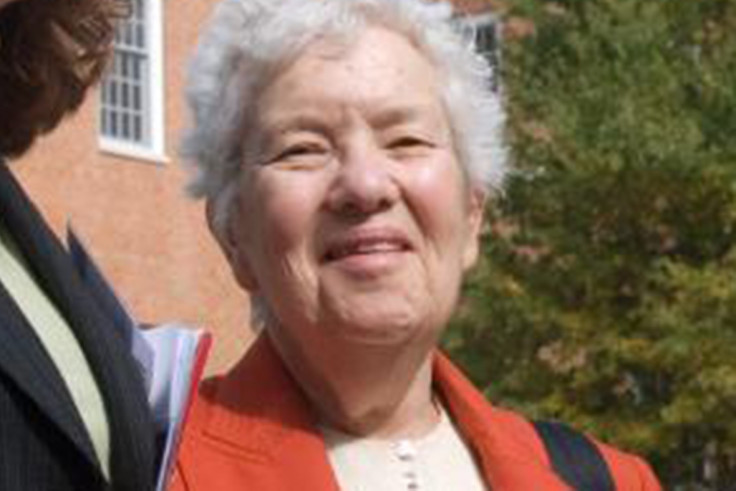Astronomer who found evidence for dark matter and overcame sexism dies aged 88
Vera Rubin had to overcome significant barriers as a pioneering female scientist.

Vera Rubin, a pioneering astronomer who helped find evidence for dark matter, has died aged 88. Her son Allan Rubin told AP reporters she died peacefully in her home – near Princeton University in New Jersey, where she had been professor of geosciences – on Sunday (25 December).
Rubin earned a number of accolades for her work including the National Medal of Science, which President Bill Clinton presented to her in 1993, and she became the second female astronomer to be elected to the National Academy of Sciences.
Her work showed that galaxies do not rotate quite as they were predicted to, strengthening the argument that unknown forces were present, namely dark matter.
Though dark matter has not been directly observed, it is widely accepted by a majority of scientists, who believe it makes up 27% of the observable universe.
Rubin's interest in astronomy began as a young girl and grew with the involvement of her father, Philip Cooper, an electrical engineer who helped her build a telescope and took her to meetings of amateur astronomers.
Though her father had been supportive, in a 1995 interview with the American Institute of Physics Rubin said that her father had suggested she become a mathematician, concerned that it would be difficult for her to make a living as an astronomer.
However she persevered with her passion and in 1948, she was the only person to graduate with an astronomy degree from the elite all-women's university Vassar College.
When she sought to enrol as a graduate student at Princeton, she learned women were not allowed on the university's graduate astronomy programme so she instead earned her master's degree from Cornell University.
"It goes without saying that, as a woman scientist, Vera Rubin had to overcome a number of barriers along the way," California Institute of Technology physicist Sean Carroll tweeted Monday.
Rubin then bagged her doctorate from Georgetown University, where she later worked as a faculty member for several years before working at the Carnegie Institution in Washington, a non-profit scientific research centre.
A number of scientists paid to tribute to Rubin following the announcement of her death.
"Vera Rubin was a national treasure as an accomplished astronomer and a wonderful role model for young scientists," president of the Carnegie Institution Matthew Scott said. "We are very saddened by this loss."
Astronomy lost a wonderful scientist and an inspiration to so many people. RIP Vera Rubin. I had so much hope she would get a Nobel Prize :( pic.twitter.com/OBF5temr76
— Johan Richard (@novaric) December 26, 2016
© Copyright IBTimes 2025. All rights reserved.






















